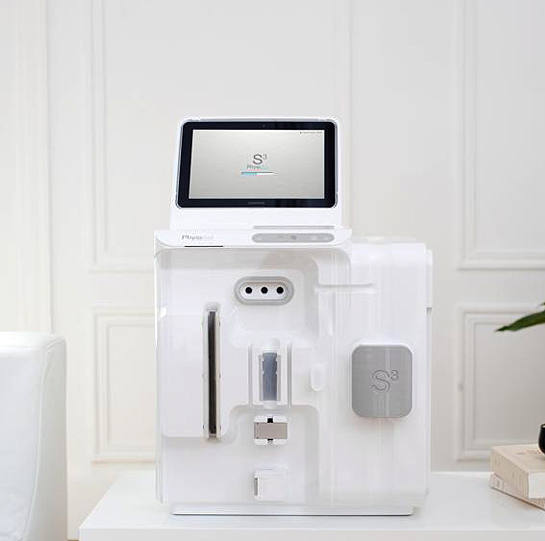Hemodialysis is a sophisticated filtering process that acts as a stand-in for the kidneys, purifying the blood by sifting out waste and excess fluid, thus helping the body maintain a healthy balance despite kidney inefficiency Hemodialysis is like a special cleaning service for the blood, where a machine helps remove the waste and extra water from your body when your kidneys are too tired or sick to do it themselves.


Hemodialysis is necessary when a person's kidneys are unable to effectively filter waste products and excess fluids from their blood. There are several reasons why hemodialysis might be needed:
Kidney Failure: In cases of chronic kidney disease or acute kidney injury, the kidneys lose their ability to remove waste and regulate fluid balance in the body.
Toxins Accumulation: Without functioning kidneys, harmful waste products and toxins can build up in the blood, which can be life-threatening.
Fluid Control: Hemodialysis helps control fluid levels in the body, preventing fluid overload, swelling, and high blood pressure.
Electrolyte Balance: It also helps maintain the proper balance of essential minerals and electrolytes in the blood.
Treatment of Kidney Diseases: Hemodialysis can be a long-term treatment for people with end-stage kidney disease who are awaiting a kidney transplant or for those who are not suitable candidates for transplantation.
Hemodialysis is a life-saving medical procedure that mimics the kidney's filtration function and is crucial for maintaining a person's overall health and well-being when their natural kidney function is compromised.